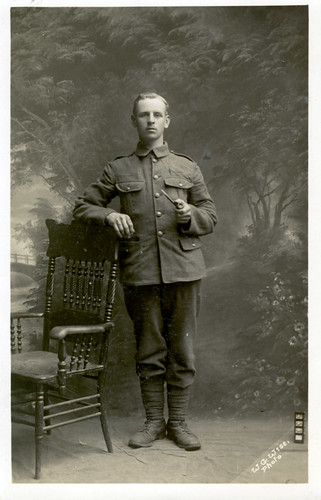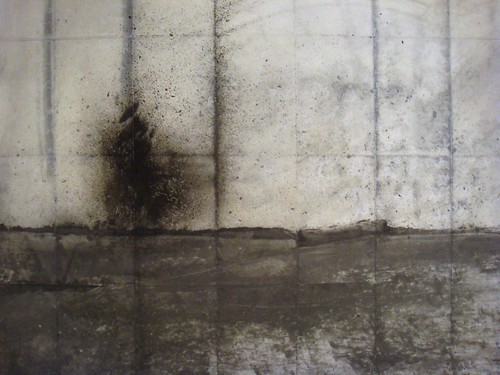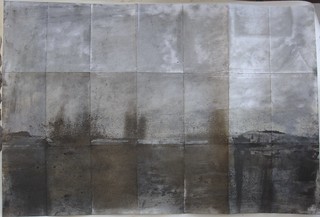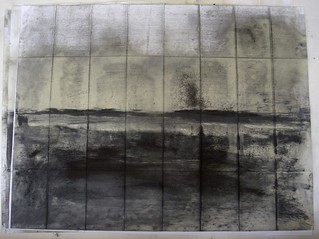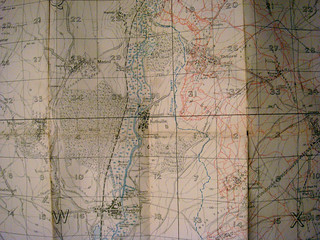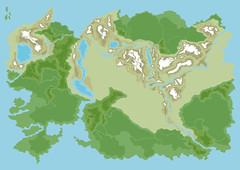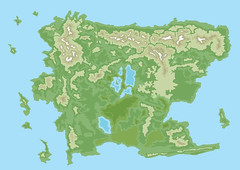Reading Clive James’ Poetry Notebook, I find myself a little better prepared to tackle the task of writing a poem; something I’ve wanted to do since the start of the New Year. I’ve made attempts in the past which I might publish in due course, but reading the Poetry Notebook I see where those attempts were lacking, as well as where, in small parts, they might be deemed to have worked.
What I have tended to do in those past efforts was to allow language to take over, to become a thing in itself; words for the sake of words. Now however, I want those words to work – to convey a specific meaning. In my art, I try and articulate that which is often beyond prose, things which should be well expressed in verse form.
But what will my subject be?
With the centenary of my great great uncle’s death near Ypres (8th May 1915) fast approaching, I thought I would look there for my subject, and remembering his obituary, I read it again and found my first line (the last line of the obituary):
All present standing in silence.
It’s a moving line which, having been isolated from its initial context creates a question. Who – or what – is present and standing in silence? I thought of soldiers standing for roll-call on a Parade ground. I thought of trees… but the language doesn’t allow for their lack of movement; yes they sway in the wind, but they do not leave and return as being present would suggest the ‘all’ have done. The words speak of people who have come together as a specific group. Of course, in its original context, the ‘all’ were the relatives mourning the death of one of their own:
The meeting passed a vote of condolence with the relatives, all present standing in silence.
The all is a family which, in the small church, isn’t all present. Instead there is a raw space which the silence seeks to fill; a physical silence eclipsing the wake of the church as it mines the depths of the family’s grief. Even from a distance of 100 years one can tune-in to that moment; catch as on shortwave radio their internal dialogues. And just as one can hear the “references to the death of Private Rogers” made by several members of the Church, those speeches are made formless as if heard underwater. For us it’s the distance of a century that does it. For the family it’s the distraction of cherished memories whose shapes are knife-sharp and remembered by their bodies.
